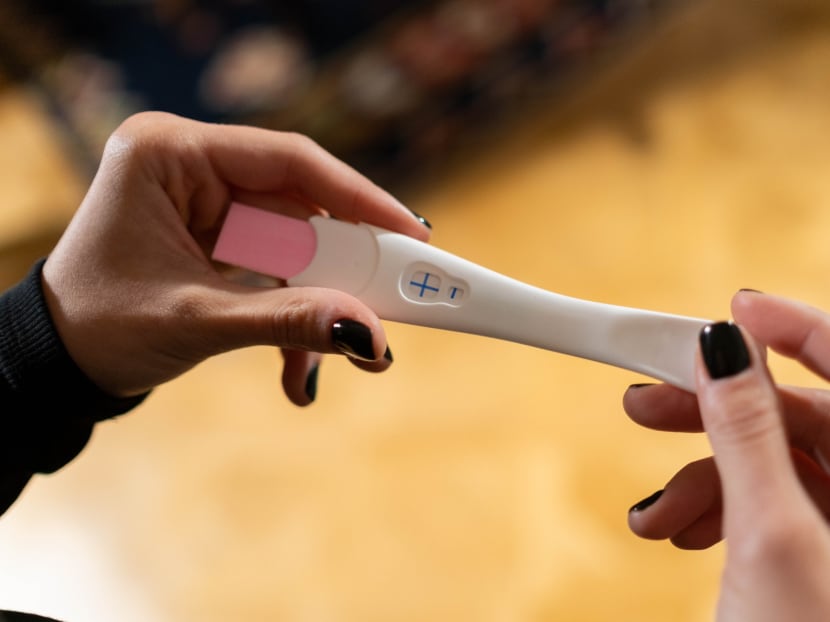Company-sponsored egg freezing should be strictly regulated if Singapore permits procedure
During the debate on the Ministry of Health’s budget last week, Tampines Group Representation Constituency Member of Parliament Cheng Li Hui reiterated her call that egg freezing be allowed here in view of Singapore’s ageing demographics.

“There is probably a dark side to corporate sponsorship of egg freezing, with the unwritten rule that if such perks are available, then higher-level female employees are expected to utilise them to delay childbearing; or else they may be penalised when it comes to promotion, bonuses and so on,” says this TODAY reader.
During the debate on the Ministry of Health’s budget last week, Tampines Group Representation Constituency Member of Parliament Cheng Li Hui reiterated her call that egg freezing be allowed here in view of Singapore’s ageing demographics.
A TODAY commentary “Is fertility a topic for the workplace” (March 1) also described employer-sponsored egg freezing by foreign companies.
If Singapore permits the procedure one day, it is likely that some local companies may follow suit and offer egg freezing benefits to their female employees.
Nevertheless, there are some ethical pitfalls and social problems that regulatory authorities should consider.
First and foremost, the high financial costs of egg freezing would likely result in company sponsorship being an elite corporate perk restricted to a small select group of high-value and well-paid female employees.
In that case, would it be fair for such an elite corporate perk to be classified as a tax-exempt medical benefit alongside reimbursements for general staff medical and dental care.
Lower-level female employees such as clerks, secretaries and receptionists may resent being excluded from egg freezing benefits that they may also need.
Would this not damage camaraderie and morale within the company?
Secondly, company-sponsored egg freezing may violate medical ethics by enticing female employees to undergo this risky and invasive procedure without valid medical reason, thereby exerting undue influence and trespassing on their autonomous decision-making process.
This is completely unlike employee medical benefits for the treatment of life or health-threatening conditions, which is involuntary and not the result of personal choice.
Moreover, the act of sponsoring egg freezing may be tantamount to encouraging false hope of future motherhood with this elective procedure, due to its relatively low success rates of around 2 per cent to 12 per cent per frozen egg, as reported by the American Society of Reproductive Medicine.
In future, if female employees are unable to conceive with their frozen eggs, could their employers be held accountable?
Thirdly, by sponsoring egg freezing, employers may in fact have a hidden agenda of unfair and unreasonable expectations for these women to shove aside their plans of having kids earlier in life, so that they can devote more of their youth, time and energy to the company.
There is probably a dark side to corporate sponsorship of egg freezing, with the unwritten rule that if such perks are available, then higher-level female employees are expected to utilise them to delay childbearing; or else they may be penalised when it comes to promotion, bonuses and so on.
Moreover, the workload of some companies may require employees to work overtime after office hours, either from home or in the office. Sponsoring elective egg freezing might be a strategy for some companies to avoid loss of productivity due to female employees needing to care for their young children after office hours.
These are issues that the Government should consider before permitting such a procedure in Singapore, so that stringent regulation of company-sponsored egg freezing can be put in place to protect the interests of women.
ABOUT THE WRITER:
Dr Alexis Heng Boon Chin is an Associate Professor of Biomedical Science at Peking University, China. He had previously worked in the field of human clinical assisted reproduction research in Singapore, and has authored multiple international journal publications on ethical and legal issues relating to new reproductive technologies.
Have views on this issue or a news topic you care about? Send your letter to voices [at] mediacorp.com.sg with your full name, address and phone number.






